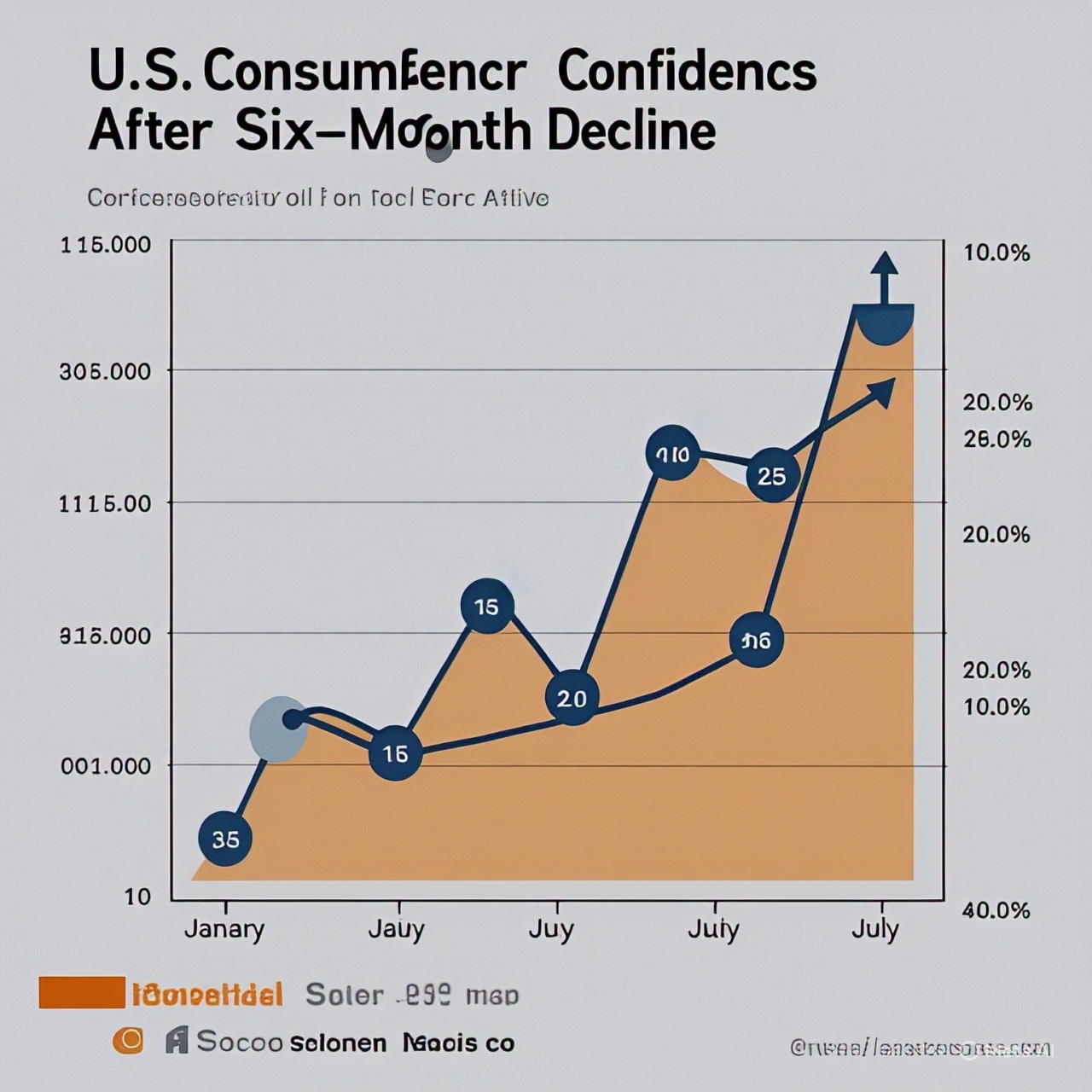analyzes the severe financial impact of Boeing's recent 787 crash near Ahmedabad. Experts highlight how recurring safety failures have eroded investor confidence, triggered sharp stock sell-offs (over $10 billion in market cap lost), and intensified regulatory scrutiny. The piece also explores how such incidents now carry greater reputational and economic consequences in an era of heightened ESG accountability and global media visibility.
✈️ Tragedy Strikes: Air India Boeing 787 Crash
On June 12, 2025, an Air India Boeing 787 Dreamliner tragically crashed shortly after takeoff from Ahmedabad, en route to London. The aircraft slammed into a residential complex, killing 241 onboard and 24 on the ground. This is now one of the deadliest aviation accidents in Indian history.
This fatal incident triggered immediate global attention, not just for the human tragedy but for its financial, reputational, and regulatory implications—especially for Boeing, which already carries a troubling legacy of aviation disasters in the last decade.
💥 Why This Crash Hits Boeing Harder Than Ever
1. ❗ Fatal Accidents vs Non-Fatal Events
Finance experts highlight that fatal airline crashes involving Boeing aircraft have increasingly resulted in severe financial penalties, both in the form of stock price losses and long-term brand damage. Compared to non-fatal technical malfunctions or production issues, fatal crashes invoke emotional, ethical, and legal scrutiny at much deeper levels:
- Investors react sharply to fatalities: Drops between 6% to 10% in Boeing stock price have historically followed such disasters.
- Insurers estimate liability claims may reach $500 million or more including payouts to victim families, third parties, and rebuilding costs.
- Airlines reconsider orders, affecting Boeing's backlog pipeline.
2. 💼 Financial Fallout: Stock, Investors, and Market Sentiment
In the wake of the crash:
- Boeing’s stock fell nearly 5%, wiping out over $9 billion in market capitalization.
- Shares of GE Aerospace, the engine manufacturer for the 787, also saw declines.
- Some financial institutions have already downgraded Boeing's stock rating from ‘Buy’ to ‘Hold’ or ‘Sell’.
- Boeing faces heightened borrowing costs, as credit rating agencies signal a potential downgrade.
In the long term, financial experts worry about Boeing’s ability to maintain investor trust, especially since it has not fully recovered from the 737 Max disasters of 2018 and 2019.
3. 🏚️ A Pattern of Crises
This latest crash is not an isolated event, but part of a pattern of repeated safety lapses:
- 2013: Dreamliner grounded due to battery fires.
- 2018–2019: Two 737 Max crashes (Lion Air and Ethiopian Airlines) killed 346 people.
- 2024: Alaska Airlines’ 737 Max 9 door panel blew off mid-flight, raising new safety alarms.
Each incident has eroded trust in Boeing’s engineering processes, leadership, and regulatory compliance.
4. 🧠 Cultural Shift: Finance Over Safety?
A growing number of analysts and aviation experts point to a corporate cultural shift within Boeing:
- In the late 1990s, Boeing’s merger with McDonnell Douglas was followed by cost-cutting measures and outsourcing.
- Headquarters moved from Seattle (engineering center) to Chicago, then to Virginia, leading to reduced oversight and greater executive distance from operations.
- The company has increasingly emphasized financial performance and shareholder returns, critics argue, at the cost of safety culture.
This shift has drawn criticism not only from regulators and unions but also from institutional investors who prioritize ESG (Environmental, Social, Governance) metrics.
5. 🔍 Investigation & Regulatory Scrutiny
Regulatory bodies in India, the U.S., and the U.K. have launched full-scale investigations into the crash. Key steps underway:
- Black box (FDR and CVR) analysis will determine the sequence of events before the crash.
- Early indicators point to a dual engine failure and flap-related mechanical issues.
- A Ram Air Turbine (RAT) was visibly deployed, indicating serious inflight power loss.
- Mayday calls and onboard video footage will provide more clues.
Expect international aviation agencies to issue safety recommendations or temporary grounding orders if systemic faults are confirmed.
6. 📊 Market Response: Flight to Safety
In the financial markets:
- Institutional investors have reduced exposure to aerospace stocks tied to Boeing.
- Airlines in Asia and Europe have begun reviewing their Boeing aircraft orders.
- Airbus shares rose, benefitting from Boeing’s fall and raising speculation of future order shifts.
Meanwhile, aerospace ETFs (Exchange-Traded Funds) saw net outflows in response to the incident.
7. ⚖️ Legal & Insurance Repercussions
- Boeing faces legal action under international aviation treaties, which mandate compensation for victims' families.
- Air India’s insurance policy, backed by Lloyd’s of London, covers aircraft hull and liability, but reinsurance firms now brace for a major payout.
- This incident is expected to be the largest aviation insurance claim since the Ethiopian Airlines crash in 2019.
Law firms have already begun outreach to victim families, signaling multi-jurisdictional lawsuits.
8. 🧭 Strategic Outlook: Can Boeing Rebuild Trust?
The path forward is challenging:
- Short-term priorities: transparency in investigation, support for victims’ families, and cooperation with regulators.
- Medium-term goals: improving manufacturing processes, re-certification of aircraft, and stricter internal audits.
- Long-term mandate: rebuilding public and investor trust through cultural reform and engineering-first leadership.
Investors warn that Boeing’s future growth, especially in the wide-body aircraft sector, hinges on whether the company can learn from this moment—and not repeat past mistakes.
📌 Summary
The tragic Air India crash involving a Boeing 787 has once again exposed the deep fault lines in Boeing’s safety culture and long-standing operational issues. As markets reel, regulatory eyes turn sharper, and the public grows wary, finance experts agree: fatal crashes have a uniquely destructive impact on companies like Boeing—not just due to loss of life, but due to the deep erosion of brand trust, investor confidence, and operational integrity.
This is not just a tragedy for aviation, but a defining moment for Boeing’s future.

















Comments 0